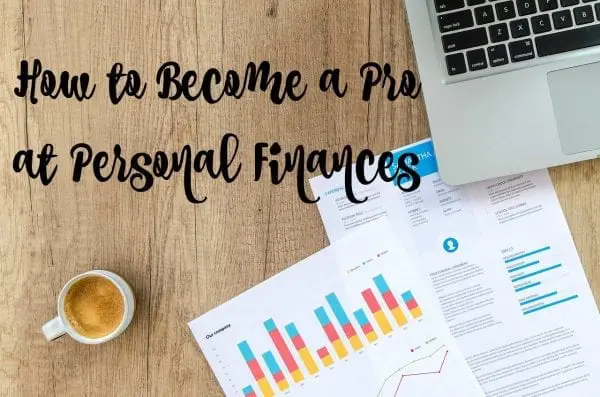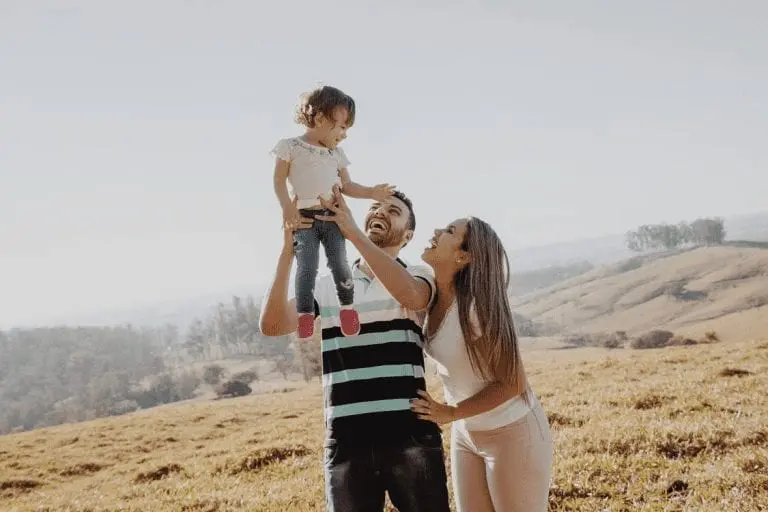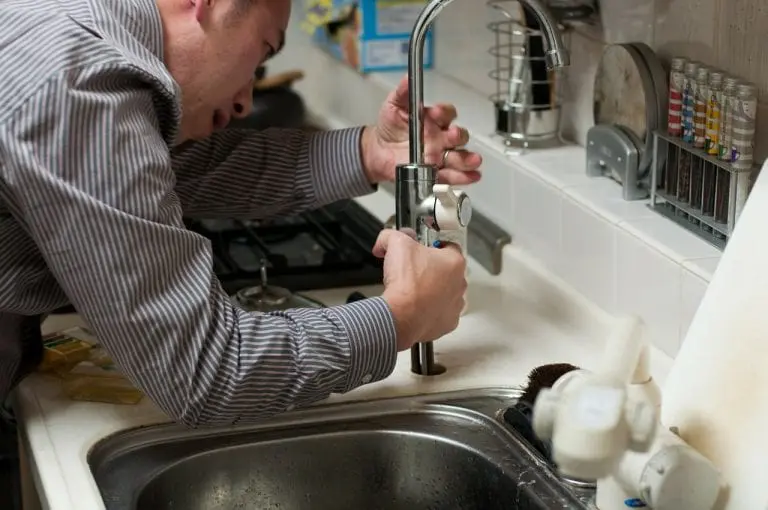How to Become A Pro at Personal Finances

Personal finances can often feel like life’s great mystery. It’s easy to compare yourself to others—believing that your friends, family, and colleagues seem to have it together while you’re floundering back at the starting line. But the truth is money management is a challenge for everyone. And there’s no big ‘secret’ besides learning good habits and sticking to them.
Are you wondering how to become a pro at personal finances? Start by concentrating on eliminating your current debt, increasing your financial literacy and tweaking your money habits.
Track Your Spending (Then Cut It)
Are you devoting at least 20 percent of your income toward financial priorities like saving for retirement, paying off debt and building an emergency fund? If not, then you’re likely living on the financial ‘edge’ where one unexpected expense could seriously rock the boat.
Start by taking an honest look at your spending habits. More than likely, you can reduce spending in a few categories and re-assign these savings to your long-term goals. This is especially true when it comes to entertainment, leisure, and travel; small sacrifices up front can help ensure a financially healthier future.
The next step is developing a system for closely tracking your spending over time. A simple solution like a spreadsheet template will work well here. Money apps are also available to help consumers monitor spending on the go. Start saving receipts and accessing itemized bank statements so you can log them regularly. Aim for once a week to start.
People tend to get a better feel over time what’s essential and what they can live without. But the only way to truly understand your finances is to examine them ‘warts and all.’
Reduce Your Debt (Then Eliminate It)
It’s challenging to overhaul your money habits and pull yourself out of debt at the same time. Even with the best intentions, it’s tough to enact positive change while late fees and high-interest rates are dragging you down. This is why some consumers settle or consolidate credit card debt as the first step to financial freedom. There are a number of different ways to approach debt management, including taking out a loan to cover debts or working with negotiators to reduce the amount owed and pay it back using a designated bank account.
Increase Your Savings
Over half (57 percent) of Americans do not currently have enough cash to cover a $500 emergency. Unfortunately, many emergencies surpass this threshold. Are you prepared if your vehicle breaks down on the way to work? What about an unforeseen medical bill totaling more than your insurance deductible? What if your pipes freeze in the winter, or a natural disaster affects your home? What if you or someone in your family experiences a layoff at work?
It’s crucial to plan for the present and the future. That means dedicating a portion of your income to a retirement fund and building up an emergency fund for unforeseen expenses. It’s important to treat these funds as untouchable over time until you need them for their intended purpose. Dipping into your 401(k) or emergency fund once makes it easier to do it a second time and so on until you’ve put a serious dent in your earmarked funds.
Experts recommend having at least three months of living expenses squirreled away in an emergency fund. However, keeping six months’ worth of expenses on hand is much preferable. The recommended minimum contribution to a retirement account is 10 percent of your income, but you’ll see better growth if you can swing 15 or 20 percent.
The principles of personal finance are awareness, debt reduction, and long-term savings goals.
Similar Posts:
- Budgeting Tips for Busy Moms
- 3 Tips for Teaching Your Teens About Money Management
- The Money-Management Mistakes You Can’t Afford To Make
- The Importance of Early Financial Education
- Secrets of Teaching Your Teen the Art of Money Management









